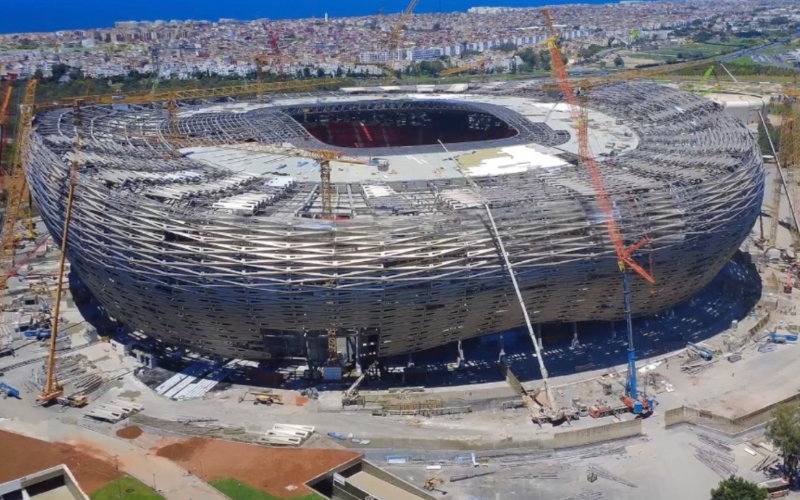Morocco’s 2030 World Cup Bid: Economic Gamble or Development Catalyst?

While Moroccans have mixed feelings about the 2030 World Cup being organized by Morocco along with Spain and Portugal, Ali Ghanbouri, President of the Center for Economic and Social Foresight, highlights the advantages of hosting this major football event.
In the eyes of some Moroccans, the organization of the 2030 World Cup is a curse that will plunge the country into a spiral of economic risks before, during and after the event. Others, on the other hand, see it as a blessing bringing economic and development benefits to the host country. Ali Ghanbouri, President of the Center for Economic and Social Foresight, shares the opinion of the latter. The organization of the 2030 World Cup by Morocco is not a sports luxury or a "football carnival", but a major strategic project carrying global development and economic issues, he commented to the Al3omk website.
According to him, it is necessary to separate the objective debate from the political one-upmanship that empties the project of its development scope and fuels doubts about its usefulness. The organization of the World Cup is a real lever for investment touching on vital areas such as infrastructure, transportation, tourism and services, and it opens up broad prospects for improving Morocco’s image on the international stage and strengthening its position on the world stage, he specified. For Ghanbouri, the 2030 World Cup "is not a passing moment, but an opportunity linked to an integrated development vision that aligns with the priorities of the kingdom".
The economic expert added that the calls that brandish the slogan "development first" and oppose the organization of the World Cup, ignore that the projects related to this event essentially serve the citizens by modernizing the cities, expanding the transport networks, creating job opportunities and stimulating the investment climate. "Morocco cannot make leaps in development as long as its gross domestic product does not double radically," he estimated.
To support his argument, Ghanbouri compared the reality of the national economy to that of a father who provides for the needs of five children, and dreams of offering them education and a decent life, while his monthly income does not exceed 5,000 dirhams. "In such a situation, it is impossible to realize all these dreams unless the income is brought to 20,000 or 30,000 dirhams," he explained. This illustration leads him to urge Morocco to focus on stimulating investment and bringing together the necessary conditions for achieving strong economic growth.
And he concluded: "Morocco is not playing football, it is building a future, and History will not forgive those who have abandoned their national duty at a time that requires mobilization and consensus".
Related Articles
-

Moroccan Star Ziyech Eyes World Cup Dream with Shock Move to La Liga’s Elche
29 August 2025
-

Morocco’s World Cup Quest: Regragui to Unveil Squad for Crucial Qualifiers
28 August 2025
-

Atlas Lions Roar into CHAN Final: Morocco Edges Senegal in Thrilling Penalty Shootout
27 August 2025
-

Morocco Stuns Senegal in Penalty Shootout, Advances to CHAN Final Against Madagascar
26 August 2025
-

Morocco vs Senegal: CHAN 2024 Semi-Final Showdown Set to Ignite Kampala
26 August 2025